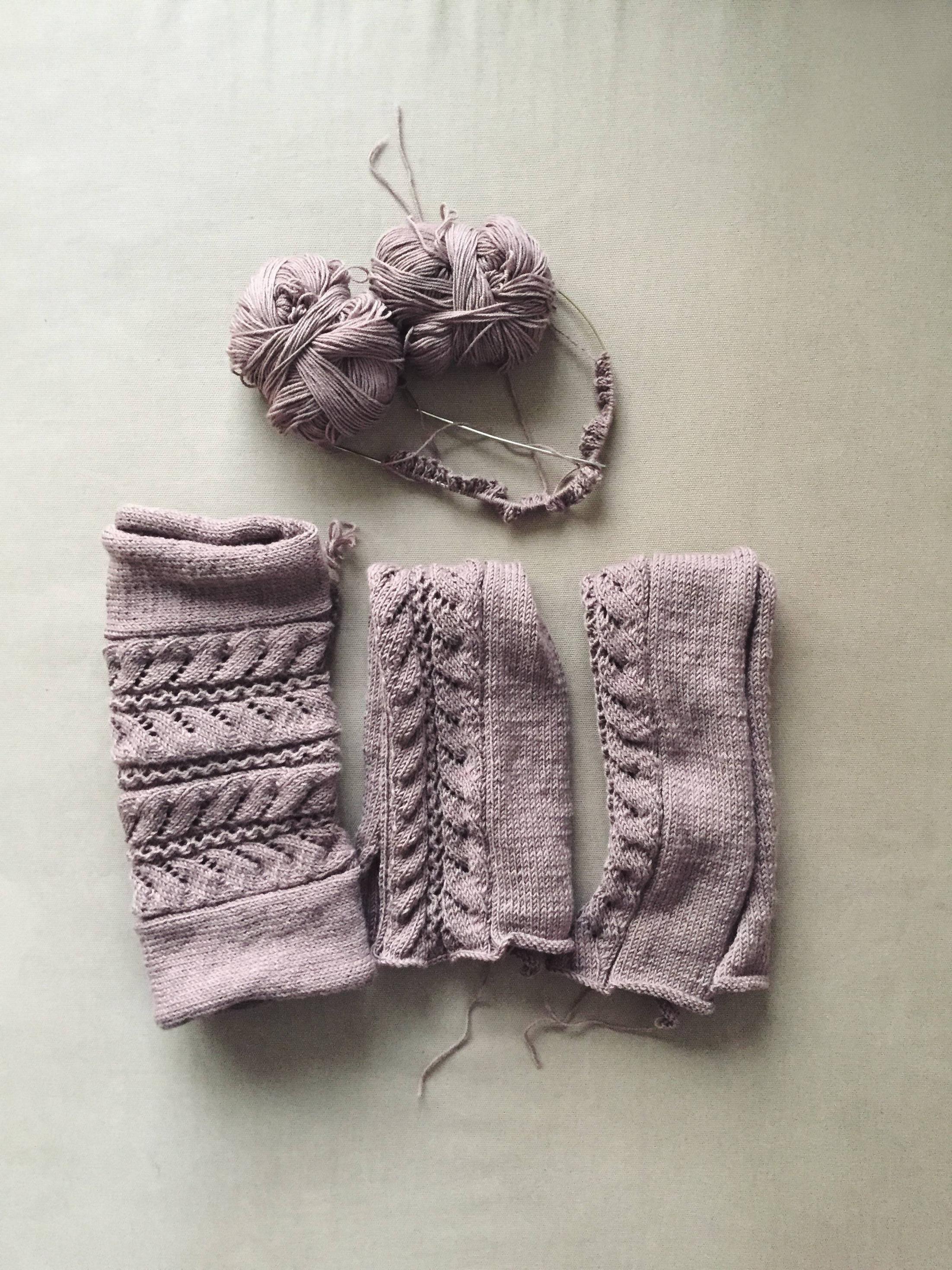
Inmates at HMP Wandsworth Prison were encouraged to participate in patchwork by Elizabeth Fry, providing them with an income and some time for reflection. The V&A and Fine Cell Work, a social enterprise, have revived this tradition by working with prisoners at the prison to create patchwork pieces. This article explains the history and traditions of patchwork. This article also introduces many techniques, including reverse quilting, multi-needle loop applique, and Crazy sewing.
Stained glass patchwork
Stitched glass patchwork allows you to mix colors and create unique quilt designs. These quilts feature fabric strips made in bright hues and shaped like windows. Black sashing frames the windows and creates an attractive pattern. In this tutorial, you'll learn how to use fabrics in different ways to create a stained glass quilt. Begin by choosing the fabrics and colors you will use to create the shapes.

Crazy quilts
Crazy patchwork quilts, which combine pieces of unusual-shaped fabric and often have elaborate embellishments, are an original style of patchwork. Crazy quilts can also be made with wool, silk, or cotton. Although they may look unorthodox, these quilts are often beautiful works of art. In addition to using unconventional pieces of fabric, crazy quilts can also feature lace, ribbon, or silk.
Multi-needle hoop applique
A multi-needle hoop quilt top is possible by using a hoop, design, and thread. A hoop should not be smaller than 175 mm, but it is better to have one that is larger. To create a large hoop, cut pieces of double-sided adhesive tape to be used as inner and outer ring reference points.
Reverse applique
A great way to give a quilt a unique look is reverse applique. This patchwork technique involves combining pieces of fabric with reverse applique patterns. The fabric in the center of the design is cut out so that you can stitch around it. To finish the reverse applique, you can stitch along the lines. You can make your quilt look more complex by adding more applique pieces.

Block-style technique
Block-style patches are a good choice for those who want to do traditional patchwork. By changing the size of your block, you can create many different patterns. The basic idea is to multiply the finished block size by.5. That is, you'll need to cut a piece of block half-inch smaller that the original block size. You will then divide the square by two.
FAQ
What are some good hobbies for seniors to do?
Senior citizens should find activities they love to do. They should also try to stay active by participating in sports and other physical activities.
They might be interested in joining clubs that offer similar interests. This will make them less lonely as they age.
Senior citizens should keep up to date with the latest trends. You could, for example, follow the latest trends in fashion, literature, and music.
What are some competitive hobbies?
Swimming, running, cycling, golfing and tennis are some of the competitive sports.
They're often enjoyed by people who are active and want to socialize.
You'll likely find others who are interested in your hobby if it involves physical activity.
You might consider joining a group or club that meets regularly to play together in sports.
You can also participate in team games where you play alongside others.
These include football (soccer), cricket, rugby, netball, basketball, hockey, baseball, volleyball, badminton, squash, handball, and table tennis.
There are many types of competition.
Some competitions are only for recreational purposes.
Others are used to assess competitors' abilities.
Some are even designed to reward outstanding performance.
In these cases, the winners receive prizes.
Other competitions aim to assess the strength and endurance of competitors.
These are endurance events.
For example, marathon races, triathlons, Ironman Triathlon, etc.
These events are often contested by athletes who train hard.
To prepare their bodies and minds, they will have to adhere to a strict training plan.
They might also have to travel for preparation.
It is important to keep in mind that not all athletes can compete in every event.
Why do we need hobbies
Hobbies play an integral part in our lives. It allows us to unwind and recharge, think creatively, exercise, socialize, have fun, and allow us to enjoy life. You can also learn new skills and develop lifelong interests.
Hobbies can help us find meaning and purpose.
They can be a great way of spending time without having to do anything else.
They are fun!
If you don't find time for hobbies, it's likely that you don't have enough time for any other activities.
So take a look at all the options available to you. If you don't have a hobby yet, then maybe you should start one today!
Statistics
- The intensity of the dialogue partners' bond at the end of the forty-five-minute vulnerability interaction was rated as closer than the closest relationship in the lives of 30 percent of similar students. (time.com)
- In comparison, men in the “no humor” condition were refused 84.6% of the time and were only accepted 15.4% of the time. (time.com)
- This 100% accurate personality-analyzing hobby quiz discovers your passion based on your characteristics. (quizexpo.com)
- 37% Video Games 36% Travel 36% Health and Fitness (quizexpo.com)
- Almost 80% of people claim to have no hobby. (hobbylark.com)
External Links
How To
How to Learn a Musical Instrument
There are many different ways to learn how music is played. There are many options. You can go to school, purchase a book, learn from an instructor, or watch videos online. If you are determined to learn on your own, these tips and tricks might be helpful.
-
Find something that interests your interest. If you don't like any of the instruments you see around, then you should try another one. If you don’t enjoy playing an instrument it will be hard for you to get into it.
-
Be patient. Learning something new takes time. Don't expect to master everything right away. Instead, practice every day.
-
Regular practice is important. Even when you feel tired, continue practicing. This will ensure that your memory doesn't fade.
-
Make sure you choose a safe place to practice. A quiet room where you won't disturb anyone else is ideal. It is important to keep the room clear of distractions. It is best to avoid listening to loud music nearby.
-
Have fun. Music should be enjoyed. It is important to have fun when practicing. Enjoying yourself will motivate you to continue going at it.
-
Set goals. You will know what you need to do if you have goals. Therefore, you will have no excuse for failing.
-
Keep track and keep track of your progress. Note down your successes and mistakes. This will help you to improve your performance over time.
-
Take breaks. Sometimes, all you need is to take a moment to think. Take breaks to allow you to reflect on things.
-
Ask questions. Ask questions. They may be able to help you out.
-
Listening can teach you a lot. Musicians often listen to music they like and try to imitate it. This helps them understand the basic concepts behind the song.
-
Read books. You will learn more from reading books than you can by watching videos or attending classes. Books contain information you will not find anywhere else.
-
You can join a band. Playing with other people will make you more practice. You will also meet others with similar interests to yours.
-
Learn from tutorials. Tutorials are short videos which explain many topics in great detail. These videos typically focus on one aspect of the instrument. Watching tutorials can help you understand difficult parts of the instrument.
-
Try different methods. Some people learn best by reading, while others prefer lectures. Experiment until you find what works best for you.
-
Practice makes perfect. The truth is that nobody becomes an expert overnight. It takes a lot of work to be able to perform well.
-
Begin a group of musicians. Listening to your fellow musicians perform their favourite songs can help you learn quicker.